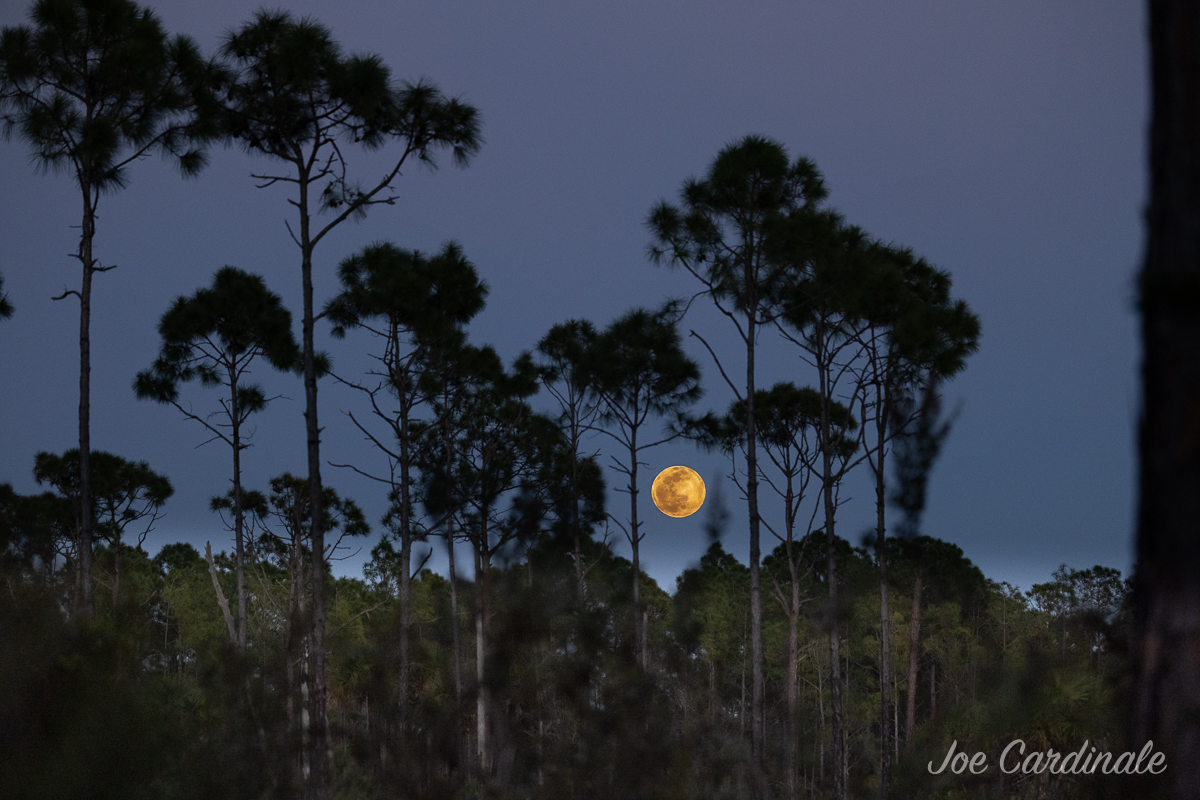
Your attention in this matter can go a long way to help freshwater turtle conservation in Florida. FWC is investigating the virus known as TBV, Turtle Bunyavirus, which may include all or some of the following noticeable symptoms: weakness, lethargy, swollen appendages, closed or sunken eyelids, discharge from the nose or eyes, and splotchy red discoloration on softshells. Turtles with TBV may appear to have difficulty breathing, be reluctant to flee, and swim irregularly in waterways.
If you’re out on the CREW Trails, or even in your own backyard, keep an eye out for these freshwater turtles in particular: Softshell Turtles, Cooters, Yellow-Bellied Sliders and Red-Eared Sliders. While some of these species are non-native freshwater turtles, FWC would like to receive information about any turtle in distress – on or off the list above – as ecosystems overlap and it appears the illness may spread between species.

Softshell Turtle 
Cooters 
Yellow-Bellied Slider 
Red-Eared Slider
FWC is asking the public for help by taking the following actions:
- Report sightings of sick or dead turtles to FWC by calling the Turtle Hotline at 352-339-8597 or through the FWC Reporter App. Photos can be uploaded via the FWC Reporter App and will aid researchers in turtle species identification and condition.
- Do not touch or attempt to move sick turtles.
- To avoid spreading the virus, do not capture and transport freshwater turtles, even those that appear healthy, to release at new locations.
- Do not eat turtles that appear sick or unhealthy.
Excerpt from the FWC website linked above:
“The FWC takes TBV seriously and is taking proactive steps to monitor and slow the spread of the virus. To reduce the geographic spread of TBV, and lessen potential impacts of this virus, the FWC has enacted Executive Order #21-19 which prohibits the take and transportation of the following species: Florida softshell turtles (Apalone ferox), smooth softshell turtles (Apalone mutica), spiny softshell turtles (Apalone spinifera), and yellow-bellied sliders (Trachemys scripta scripta). The virus is also known to infect Florida’s cooter species (genus Pseudemys), which are already prohibited from being removed from the wild, and red-eared sliders (Trachemys scripta elegans), which are a prohibited nonnative species. The EO will help to conserve native turtle species while biologists work to fully understand the impacts of TBV. The FWC is also soliciting sightings of sick and dead freshwater turtles of any species for further investigation.”
Thank you to all our CREW Trust readers and supporters in our collective efforts to protect land and water for wildlife!

